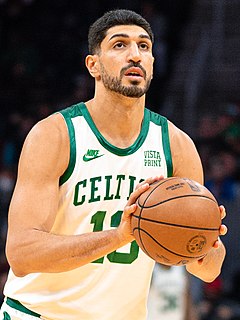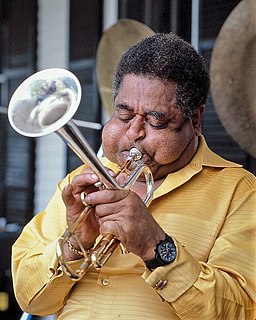A Quote by Mustafa Akyol
Foreign journalists writing about Turkey like to focus on the most fundamental divide in Turkish society: the rift between religious conservatives and secularists.
Related Quotes
As things change in Turkey people find in religious observance a certain framework of safety, of continuity. This is quite a common phenomenon. In a strange way it's part of a democratization of society. Although religious observance seems more common these days, it's not that people who did not go to mosques have started to go to mosques. I don't know anyone in Turkey who's become a born-again Muslim. It's a question of individual choice, and it does not stop the organic secularization of Turkish society, which carries on regardless.
Turkish society is divided not only culturally but also politically. You're either conservative or progressive. Islamist or secular. Right wing or left wing. This kind of division can be seen in any society, but in Turkey, the problem is that we are losing any kind of connection between groups and any kind of desire to understand one another. The groups hate each other and they are demolishing all bridges between themselves. So society is divided strictly.
Actually, I've taught creative writing in Turkey, at an English language university, where the students were native Turkish speakers, but they were writing their essays in English, and they were very interesting - even the sense of structure, the conventions of writing, the different styles of writing.
Today courts wrongly interpret separation of church and state to mean that religion has no place in the public arena, or that morality derived from religion should not be permitted to shape our laws. Somehow freedom for religious expression has become freedom from religious expression. Secularists want to empty the public square of religion and religious-based morality so they can monopolize the shared space of society with their own views. In the process they have made religious believers into second-class citizens.




































